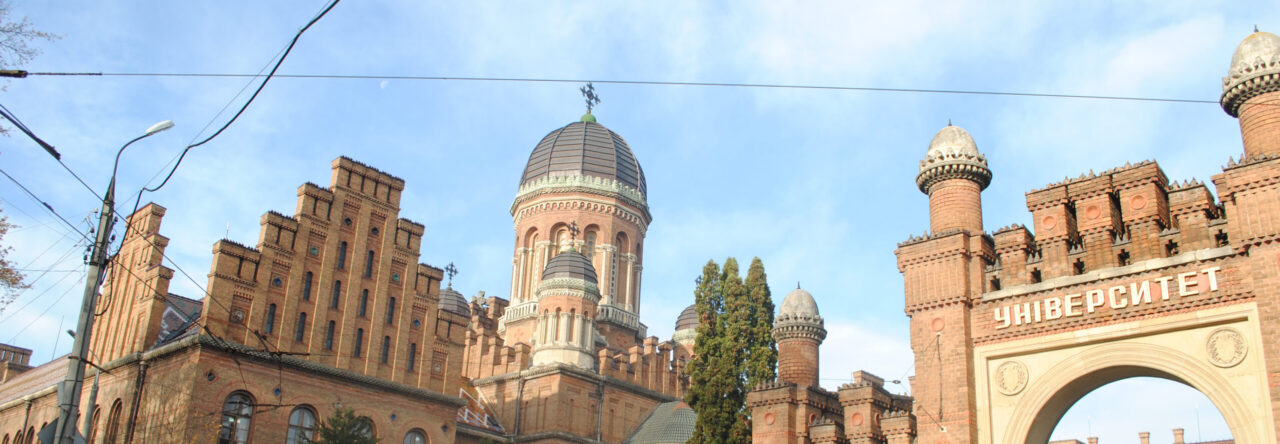Leading Russian universities are planning to significantly strengthen their cooperation with business, by increasing active sales of their scientific developments to producers and seeking investment for their further development, according to recent statements of representatives of some of Russia’s leading universities.
A spokesperson for the Association of the Classical Universities of Russia, a public association which unites 24 of Russia’s leading universities, said: “To date, domestic universities have paid insufficient attention to commercialisation of their developments; however there is a possibility such a situation will change. In recent years, the scientific potential of Russian universities has been significantly increased, which has created conditions for its commercial use.”
The level of commercialisation of scientific developments and discoveries at Russian universities has been low to date – significantly lower than the levels at some leading Western universities in this field.
For example, according to the data of experts of the Russian business publication Delovoy Peterburg, the annual revenue of Saint Petersburg State University, one of Russia’s largest and most prestigious universities, from the sales of its commercial developments to business last year amounted to only RUB64 million (US$1.1 million).
This is four to five times lower than the figures for neighbouring Finnish universities, such as the University of Turku, despite the smaller size of these universities.
Usually Russian universities cooperate with companies on the basis of direct contracts. According to the Russian Ministry of Education and Science, to date such cooperation was mostly limited to the conduct of research, sharing of expertise, and analysis. But under their new plans, at least 20 leading universities, mostly from Moscow and Saint Petersburg, intend to begin mass production and sales of their scientific products and developments this year.
According to universities, in addition to private business, they are banking on increasing the number of orders from the state.
A spokesperson for the Association of the Classical Universities of Russia said the biggest opportunities for the commercialisation of developments from domestic universities are related to the domestic military-industrial complex, as well as aircraft instrument-making, space instrument-making and some other areas, which are mainly related to the state defence order.
Currently, negotiations between some leading Russian universities and various state agencies are ongoing, and the results are expected to be announced later this year.
Innovative enterprises
From their side, universities plan to strengthen cooperation with business with the help of so-called small innovative enterprises, which are business entities established within universities and with their support. For example, to date almost 15 such enterprises have been established by Saint Petersburg State University to promote its scientific developments and discoveries, both in domestic and foreign markets.
In the case of foreign markets, according to recent statements from the administrations of the Peter the Great St Petersburg Polytechnic University and ITMO University – one of Russia’s leading universities in the field of IT and mechanics – both universities plan to start their expansion into foreign markets.
For this purpose, the Polytechnic University opened a representative office in China, while several of its small enterprises have signed contracts with Chinese car-makers for the delivery of their developments directly to the production facilities.
In the meantime, the Lomonosov Moscow State University has also announced its plans to increase revenue from sales of its scientific developments. As part of these plans, the university will expand the powers of the Technology Transfer Centre, which is the university’s subsidiary responsible for the promotion of scientific developments of the university at all stages: from registration and research of commercial potential to audit of payments of remuneration to scientists and authors of developments.
Narrowing the gap
Still, representatives of Russian business believe domestic universities need to do much more to narrow the existing gap with Western universities in this field.
Nazim Turdumambetov, director of the research and development department of the Philips Centre in Russia, told University World News: “Russian universities strive for a European model of interaction with business, but, so far, everything has been limited to the organisation of investment platforms and scientific exhibitions, where universities show their ideas in the field of innovation.”
The same position is shared by representatives of the Russian university community.
Konstantin Ivanov, president of the Baltic State Technical University, told University World News: „There are practically no ready-made investment projects [within the Russian system of higher education]. We do not have a detailed economic study of such projects yet; it’s a resource that needs to be addressed while the volume of state support is insignificant.”
Quelle: University World News


Comments are closed.